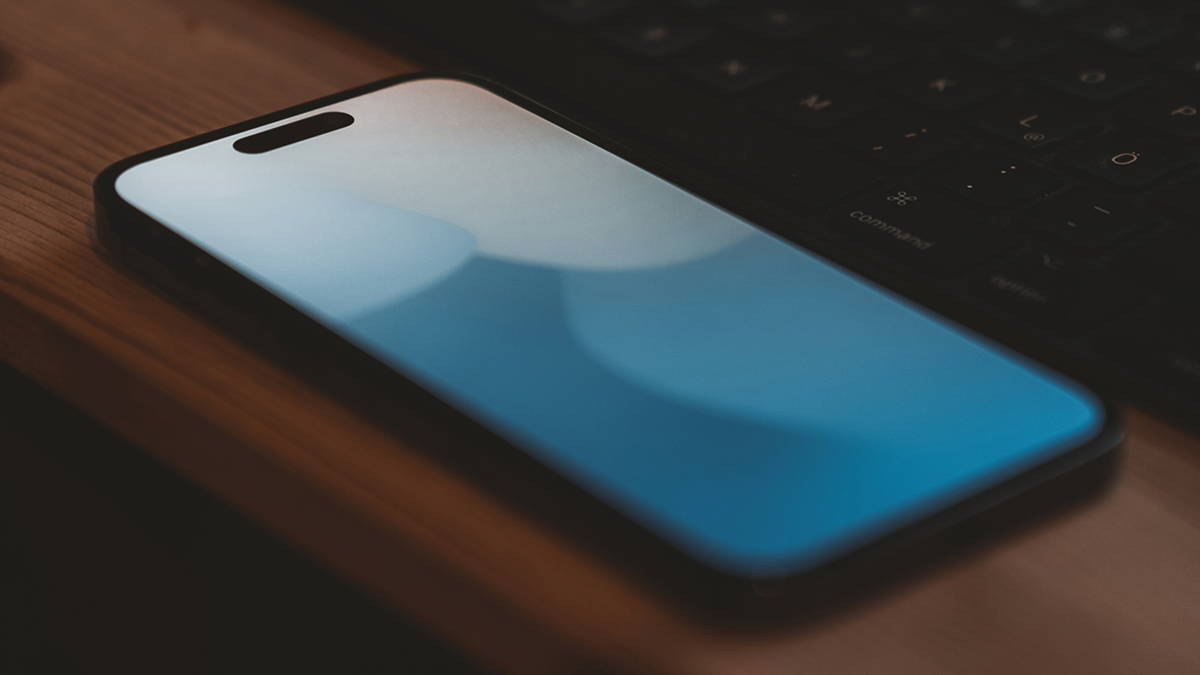While Europe has been debating the end of winter/summer time for years, this weekend we will again witness a new time change. In this case, the one that will force us to advance our clocks by one hour, unlike what happened at the end of October (that’s when it goes back).
Thus, in the early morning Saturday to Sunday, at 2 a.m. it will be 3 a.m. (Spanish peninsula time), so dawn and dusk will rise later. Again, we will have to manually set a multitude of clocks, but those of our mobiles, fortunately, will make the change automatically. As long as we have them configured for it, of course.
How to configure mobile to advance time on its own
Nothing less than in 1974, Europe introduced the time change in October and March. What purpose? In theory, for natural lighting to fit best into most daily routines, an argument not everyone agrees with.
The time change is established by time zones, which means that not all countries make this adjustment or do it on the same day. In Europe, as we mentioned, this weekend we have switch to summer time
Our mobiles are configured with European time zone and since they connect to the servers of this domain, they make the time change automatically. To check if your phone is set up correctly, follow these steps:

- Go to phone settings.
- Click on ‘System’ or ‘General Administration’depending on the layer of the phone manufacturer.
- Come into ‘Date and hour’.
- There, the options ‘Set time automatically’ and ‘Set time zone automatically’ should be activated.
The most common is that the phone settings are set correctly. If so, don’t worry, at 2am your phone will automatically advance the clock and when you wake up it will show the correct daylight saving time.
Cover Image | Alexa (Pixabay)
In Xataka Android | The mobile as an alarm clock: the best alarm apps for Android









